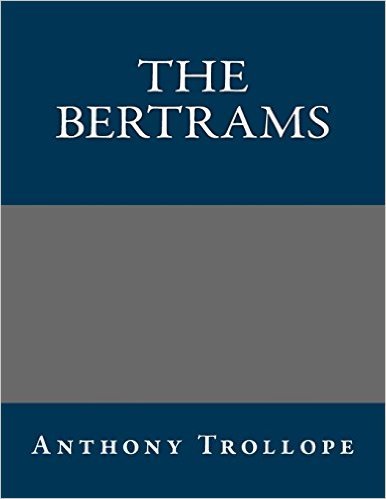What do you think?
Rate this book


184 pages, Paperback
First published January 1, 1859
It seems to me that it is sometimes very hard for young girls to be in the right. They certainly should not be mercenary; they certainly should not marry paupers; they certainly should not allow themselves to become old maids. They should not encumber themselves with early, hopeless loves; nor should they callously resolve to care for nothing but a good income and a good house. There should be some handbook of love, to tell young ladies when they may give way to it without censure.and
Caroline was about to speak, but was stopped by the expression on her aunt’s face. Ladies have little ways of talking to each other, with nods and becks and wreathed smiles, which are quite beyond the reach of men; and in this language aunt Mary did say something as she passed which gave her niece to understand that the coming interview would not consist merely of the delights which are common among lovers.Although Trollope's humor can be glimpsed in this latter quote, there wasn't enough of it throughout. I will never be sorry to have read a Trollope novel, but if this had been my first, or even the second, I might not have such a burning desire to read them all. I am hard-pressed to rate it higher than 3 stars.
The young man's idea of a pleasant neighbour is of course a pretty girl. What the young ladies' idea may be I don't pretend to say. But it certainly does seem to be happily arranged by Providence that the musty fusty people, and the nicy spicy people, and the witty pretty people do severally assemble and get together as they ought to do.
And now how did it behove an ardent missionary to act in such a contest with a subtle Egyptian? How should the eloquence of the church prevail over this Eastern Mammon? It did prevail very signally. The soldier of peace, scorning further argument in words with such a crafty reis, mindful of the lessons of his youth, raised his right hand, and with one blow between the eyes, laid the Arab captain prostrate on his own deck.
"There," said he, turning to Wilkinson, "that is what we call a pastoral visitation in this country. We can do nothing without it."